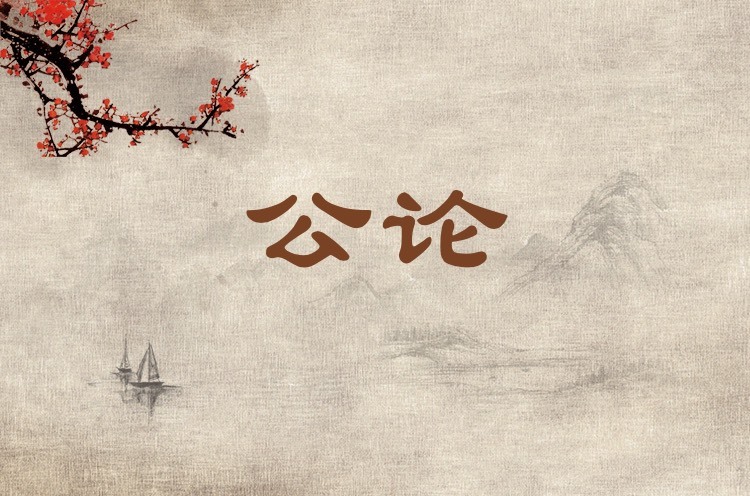Public Opinion

公众的意见、评论或公正的意见、评论。与“舆论”含义接近。历来开明的治理者都很重视大多数人的意见包括民众的普遍看法,将之作为判断决策正确性、正当性以及可行性的前提和依据,甚至视为国家赖以生存的根本原则或根本精神之所在。这实际上蕴含了基于民本理念的多数原则。近代以后,它用于与 public opinion 对译,其含义转换为基于民主理念的多数原则。
Gonglun (公论) refers to public opinion or remarks, or fair opinion or remarks. It is synonymous with yulun (舆论). Liberal-minded rulers have all through the ages valued the opinion of the majority, especially views widely held by the public and regarded them as the basis on which the correctness, legitimacy, and feasibility of a policy were judged, and even as the fundamental principle or spirit that a nation lives by. In this sense, the concept of gonglun reflects the people-oriented principle of the rule of the majority. Since the beginning of modern times, it has been used as a translation of "public opinion," which reflects the democracy-based principle of the rule of the majority.
引例 Citations:
◎从天下之公论,以新庶政。(《宋史·陈埙传》)
顺应天下多数人的意愿和看法,革新各种政务。
He followed the wishes and views of the majority and reformed political institutions. (The History of the Song Dynasty)
◎国家所恃以为元气者,公论也。(《明史·华允诚传》)
国家赖以生存发展的根本精神,就是公众的意见、评论。
Public opinion and discussion are the fundamental spirit that a nation lives by. (The History of the Ming Dynasty)
推荐:教育部 国家语委
供稿:北京外国语大学 外语教学与研究出版社
责任编辑:钱耐安





